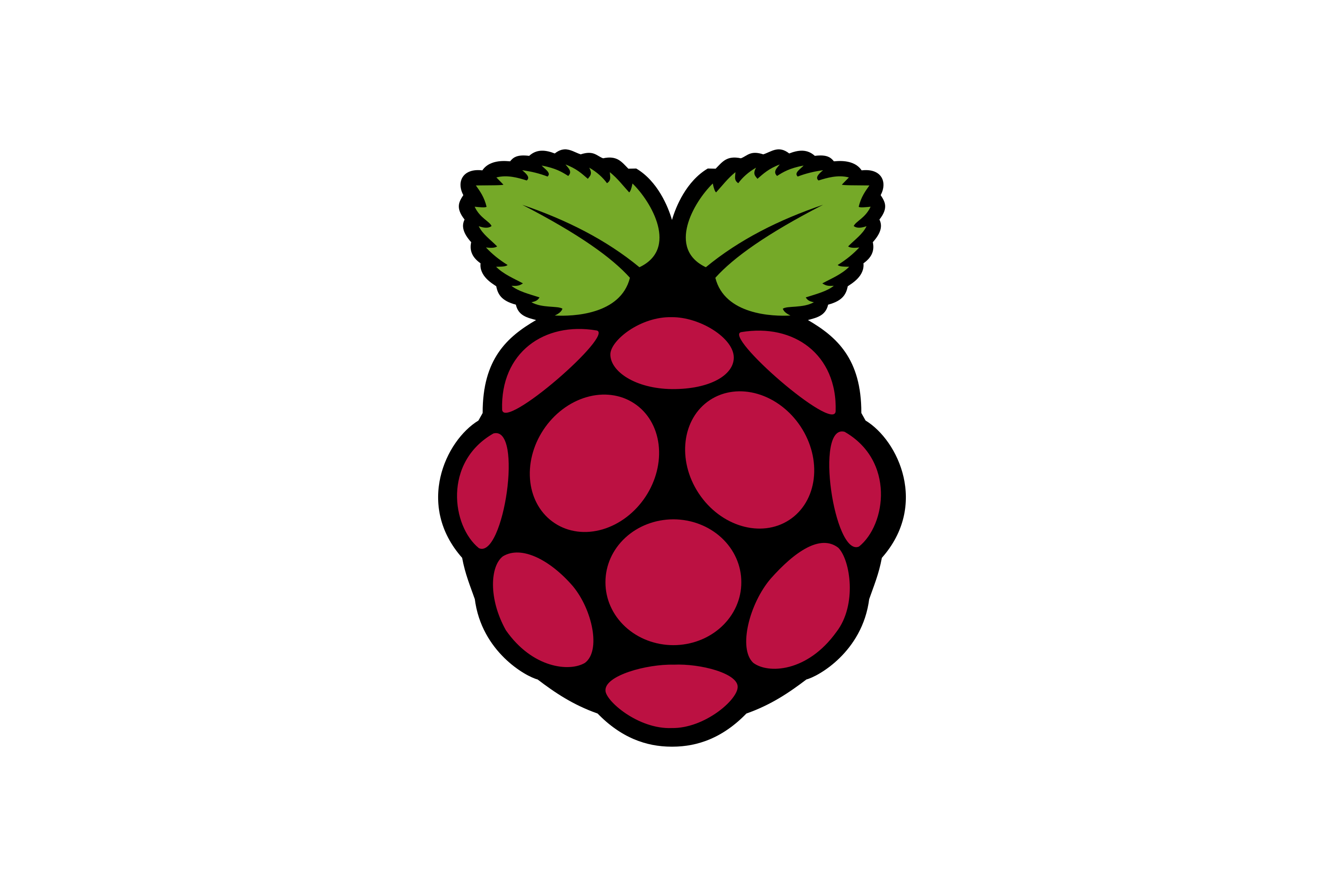Building My Personal Home Server with Raspberry Pi 5
Lately, I’ve been working on simplifying and centralizing the way I store media, run automations, and host self-hosted tools. After weighing multiple options, I’ve decided to build my home server using the Raspberry Pi 5 (8GB RAM)—a compact yet surprisingly powerful single-board computer.
This post outlines my setup plan, what I’ll use it for, and what upgrades I’m planning in the near future.
🔧 Initial Setup
Here’s what I’m starting with:
- Raspberry Pi 5 – 8GB RAM
Enough RAM to comfortably run several containers and background services without slowing down. - SSD for Primary Storage
I’ll be connecting an external SSD via USB 3.0 or NVMe (using a PCIe adapter) to store app data and media files. It offers much better performance than a microSD card.
🧩 Planned Use Cases
These are the core services I’m planning to run from day one:
📸 Immich
A self-hosted photo and video backup solution—sort of like an open-source Google Photos. Perfect for organizing and accessing media from any device.
🖥️ CasaOS
A beautiful, beginner-friendly dashboard for managing Docker containers and apps. It makes the server easier to use and maintain.
🤖 n8n
My go-to tool for workflow automation. I plan to use it for:
- Telegram and email alerts
- Scheduled backups
- Webhooks for personal projects
🔭 Future Plans
As I grow into this setup, one of the upgrades I’m most excited about is the:
🔌 Radxa Penta SATA HAT (planned)
Even though it’s designed for Radxa boards, with some tinkering and proper PCIe setup, it’s possible to use it with the Raspberry Pi 5. This would allow me to connect up to 5 SATA hard drives, enabling:
- Large-scale media storage
- Time Machine / backup targets
- Long-term archival for photos and files
I’ll also likely invest in:
- A better case with active cooling
- Uninterruptible Power Supply (UPS) to avoid SD corruption
- Optional ZFS or Btrfs setup for better data integrity
